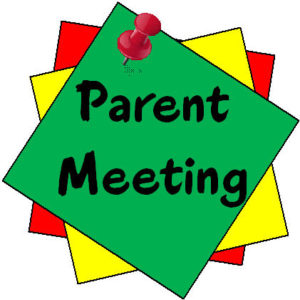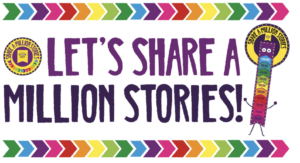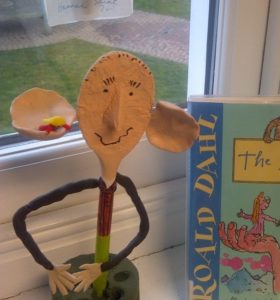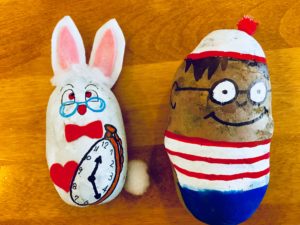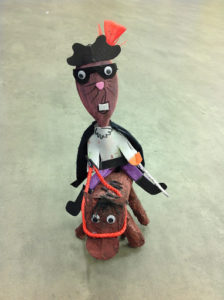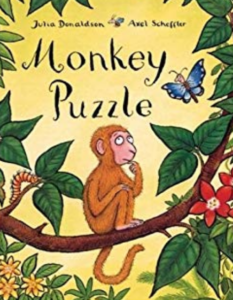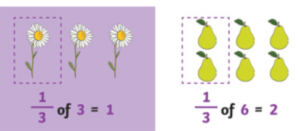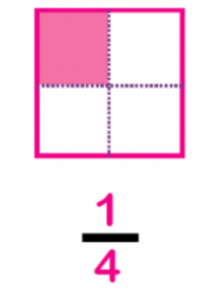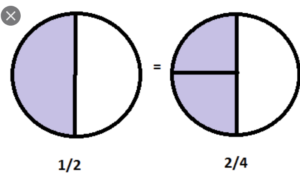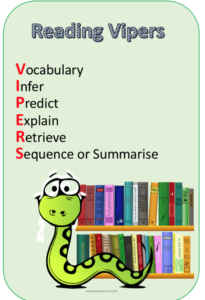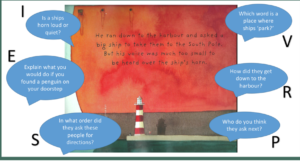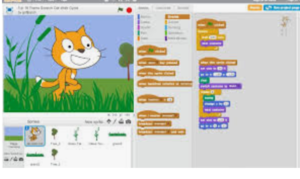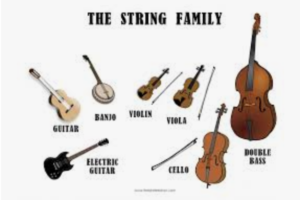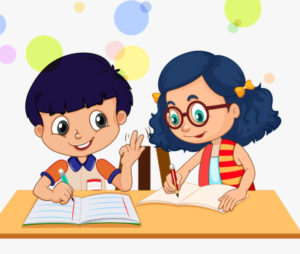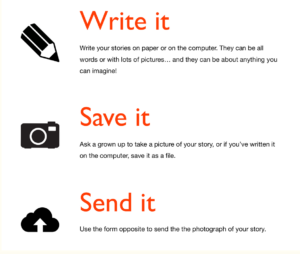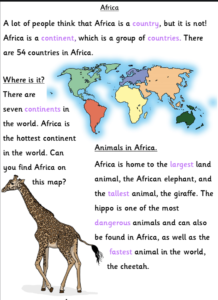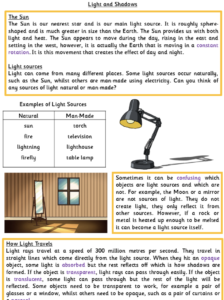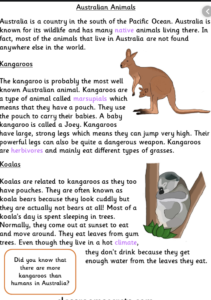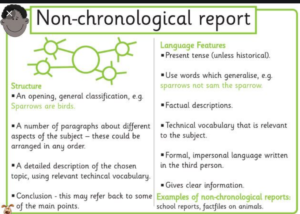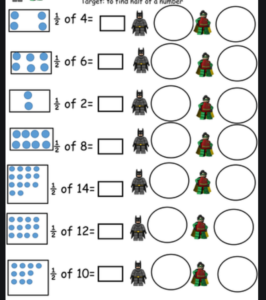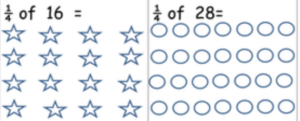Welcome to Westminster Bridge Class.
Class teacher: Mrs Ramakrishnan
Teaching assistant: Miss Dale
https://www.worldbookday.com/
English – Writing
The children wrote a non-chronological report about minibeast. They all did very well, and we are extremely proud of them. Ask your child all about minibeast. 🙂
The Monkey Puzzle – Julia Donaldson
We are starting a new book this term. We will read the book and begin to understand the vocabulary used in the text and look at key phrases. We will then embed phrases and grammar.
Towards the end of the week, the children will group information about the mummy monkey.
Maths – Shape
- To recognise a third
- To understand unit fractions
- To understand non unit fractions
- To understand equivalence of ½ and 2/4
- To find ¾
- https://www.bbc.co.uk/bitesize/topics/z3rbg82/articles/zq2yfrd
– To understand unit fractions
A unit fraction is a fraction where the numerator (top number) is 1 and the denominator (bottom number) is a while number. The fractions below are unit fraction because the numerator is 1 and the denominator is a whole number.
– To understand non unit fractions
A non–unit fraction is a fraction where the numerator (the number on the top half of the fraction) is greater than 1.

These are examples of non-unit fractions because the numerator is greater than 1.
– To understand equivalence of ½ and 2/4
When two fractions are equivalent, this means they are the same in terms of shape and size, but are expressed using different numbers.
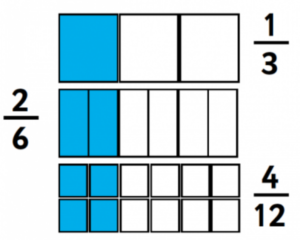
We will explore the relationship between 1/2 and 2/4. They are the same size but expressed in a different way.
-To find ¾
This is a non unit fraction because the numerator is greater than 1.
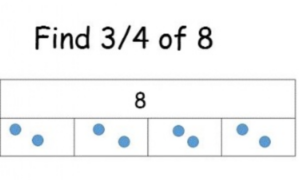
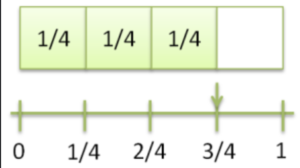
| Our new class read is The Last Polar Bears by Harry Horse. We will also be learning some new reading skills as a whole class using ERIC. The children will build their repertoire of different reading skills through the year. |
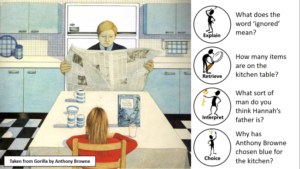 When reading with your child, please use VIPERS when asking them questions on the book they are reading.
When reading with your child, please use VIPERS when asking them questions on the book they are reading.Below you will find a list of possible questions to help you with conversations about your child’s reading. They are not intended to be used all at once or every time you read with your child. Use them at your discretion and where they are appropriate. Happy Reading.
Questions to ask before you read
- Can you look at the pictures and predict what you think will happen in this book?
- What makes you think that?
- What characters do you think might be in our story?
- Do you think there will be a problem in this story? Why or why not?
- Does the topic/story relate to you or your family? How?
Questions to ask during the reading
- What do you think will happen next?
- What can you tell me about the story so far?
- Can you predict how the story will end?
- Why do you think the character did _______?
- What would you have done if you were the character?
- How would you have felt if you were the character? (use different characters)
- As I read____________, it made me picture________ in my head. What pictures do you see in your head?
- As you read, what are you wondering about?
- Can you put what you’ve just read in your own words?
Questions to ask after reading
- Can you remember the title?
- In your opinion, was it a good title for this book? Why or why not?
- Were your predictions about the story correct?
- If there was a problem, did it get solved?
- What happened because of the problem?
- Why do you think the author wrote this book?
- What is the most important point the author is trying to make in his writing?
- What was your favorite part of the story?
- If you could change one thing in the story, what would it be?
- Can you retell the story in order?
- If you were __________, how would you have felt?
- What is the most interesting situation in the story?
- Is there a character in the story like you? How are you alike?
- Why did you like this book?
To understand a woodland habitat. Children will look at the features of a woodland habitat and compare it to an ocean habitat.
Our ICT slot is on Tuesday afternoon. We are photographers is the name of our new unit. In this unit, the children review photos online, practise using a digital camera, take photos to fit a given theme, edit their photos, and then select their best images. Children will also select images to create a comic.
Is your child an author?
If yes, head over to Grant Koper’s website. Your child has the opportunity to have their story published on his website and their story read out of YouTube by Grant himself!!!
The Monkey Puzzle – Julia Donaldson
We are starting a new book this term. We will read the book and begin to understand the vocabulary used in the text.
Maths – Shape
- To find half
- To recognise a quarter
- To find a quarter
- To recognise a third
- To find a third
- https://www.bbc.co.uk/bitesize/topics/z3rbg82/articles/zq2yfrd
– To recognise a quarter
A quarter is one of four equal parts. Children will begin to recognise this in various forms.
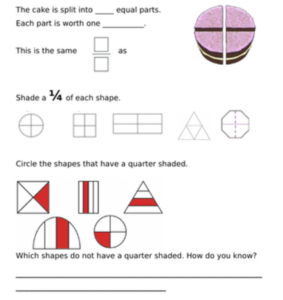
A third is one of three equal parts. Children will recognise a third in different forms.
| Our new class read is The Last Polar Bears by Harry Horse. We will also be learning some new reading skills as a whole class using ERIC. The children will build their repertoire of different reading skills through the year. |
 When reading with your child, please use VIPERS when asking them questions on the book they are reading.
When reading with your child, please use VIPERS when asking them questions on the book they are reading.Below you will find a list of possible questions to help you with conversations about your child’s reading. They are not intended to be used all at once or every time you read with your child. Use them at your discretion and where they are appropriate. Happy Reading.
Questions to ask before you read
- Can you look at the pictures and predict what you think will happen in this book?
- What makes you think that?
- What characters do you think might be in our story?
- Do you think there will be a problem in this story? Why or why not?
- Does the topic/story relate to you or your family? How?
Questions to ask during the reading
- What do you think will happen next?
- What can you tell me about the story so far?
- Can you predict how the story will end?
- Why do you think the character did _______?
- What would you have done if you were the character?
- How would you have felt if you were the character? (use different characters)
- As I read____________, it made me picture________ in my head. What pictures do you see in your head?
- As you read, what are you wondering about?
- Can you put what you’ve just read in your own words?
Questions to ask after reading
- Can you remember the title?
- In your opinion, was it a good title for this book? Why or why not?
- Were your predictions about the story correct?
- If there was a problem, did it get solved?
- What happened because of the problem?
- Why do you think the author wrote this book?
- What is the most important point the author is trying to make in his writing?
- What was your favorite part of the story?
- If you could change one thing in the story, what would it be?
- Can you retell the story in order?
- If you were __________, how would you have felt?
- What is the most interesting situation in the story?
- Is there a character in the story like you? How are you alike?
- Why did you like this book?
https://www.bbc.co.uk/bitesize/topics/zn22pv4/articles/z3nbcwx
Animals can be divided into groups or ‘classified’ by looking at the similarities and differences between them.
Animals are divided into two main groups. Animals that have a backbone are called vertebrates. Animals that don’t have a backbone are called invertebrates.
Vertebrates and invertebrates are divided into smaller groups. Vertebrates, for example, are divided into fish, amphibians, reptiles, birds and mammals
Our ICT slot is on Tuesday afternoon. We are photographers is the name of our new unit. In this unit, the children review photos online, practise using a digital camera, take photos to fit a given theme, edit their photos, and then select their best images. Children will also select images to create a comic.
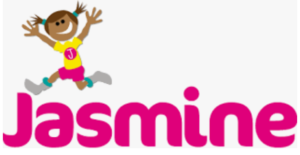
Is your child an author?
If yes, head over to Grant Koper’s website. Your child has the opportunity to have their story published on his website and their story read out of YouTube by Grant himself!!!


